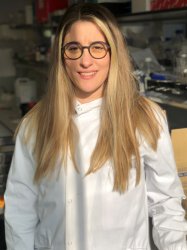BibTex format
@inbook{Petropoulou:2017,
author = {Petropoulou, K and Salt, L and Warren, F and Domoney, C and Wilde, P and Frost, G},
booktitle = {Legumes for Global Food Security},
pages = {129--156},
title = {A seed trait studied by gregor mendel in pisum Sativum L. (PEA): Potential prevention of type 2 diabetes},
year = {2017}
}

